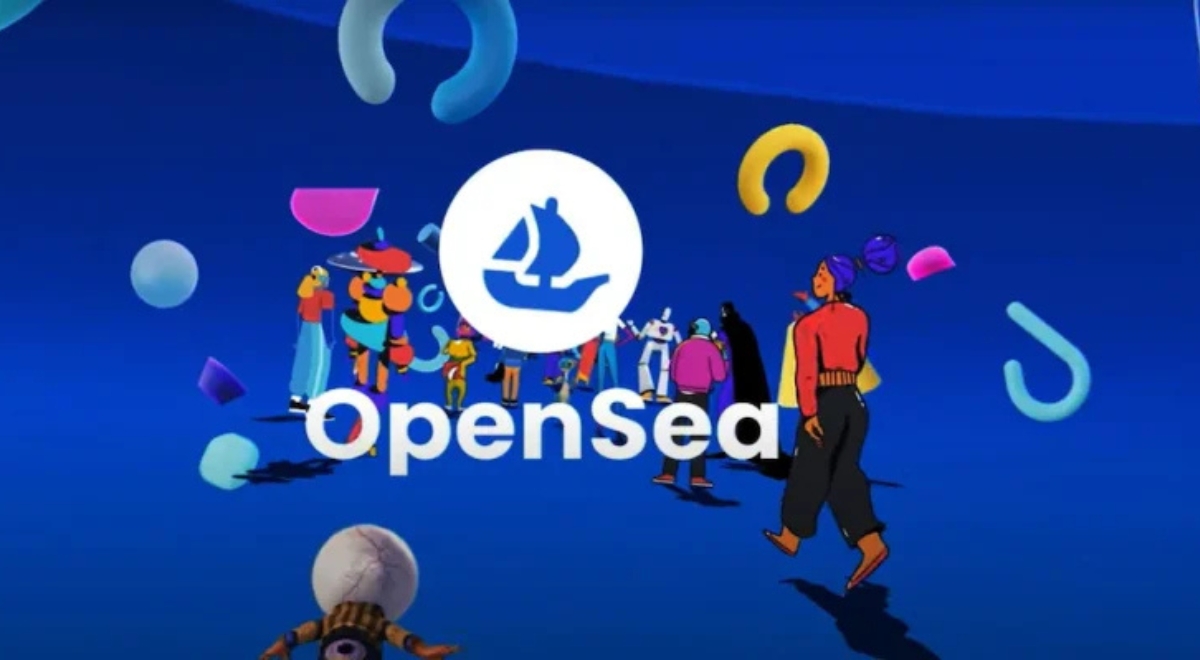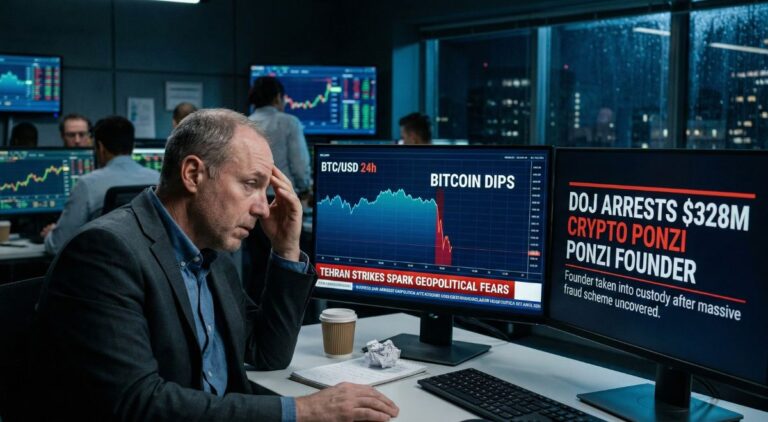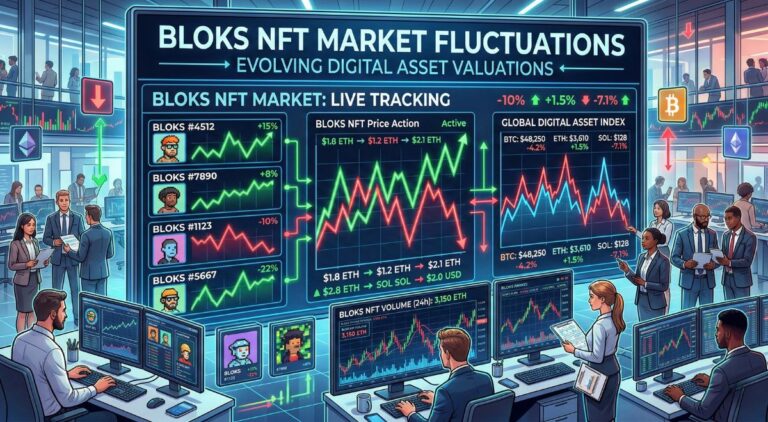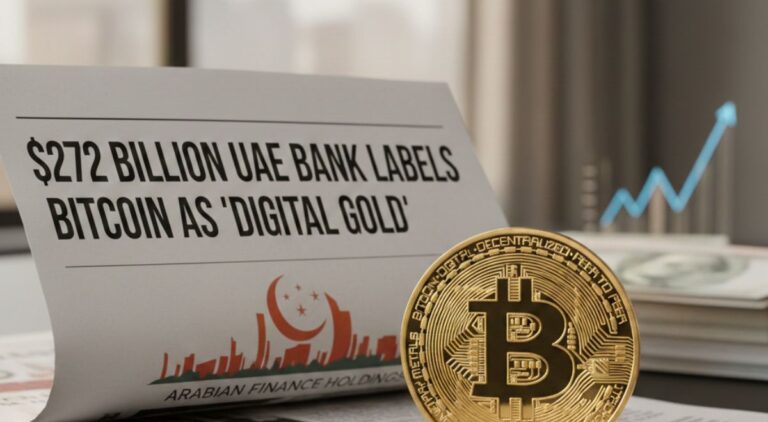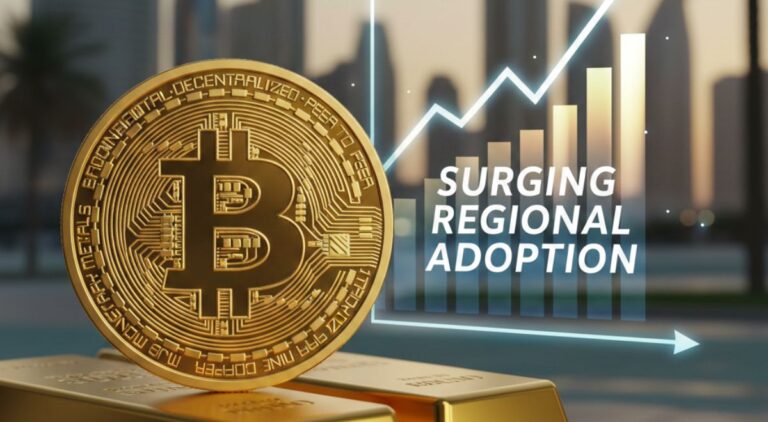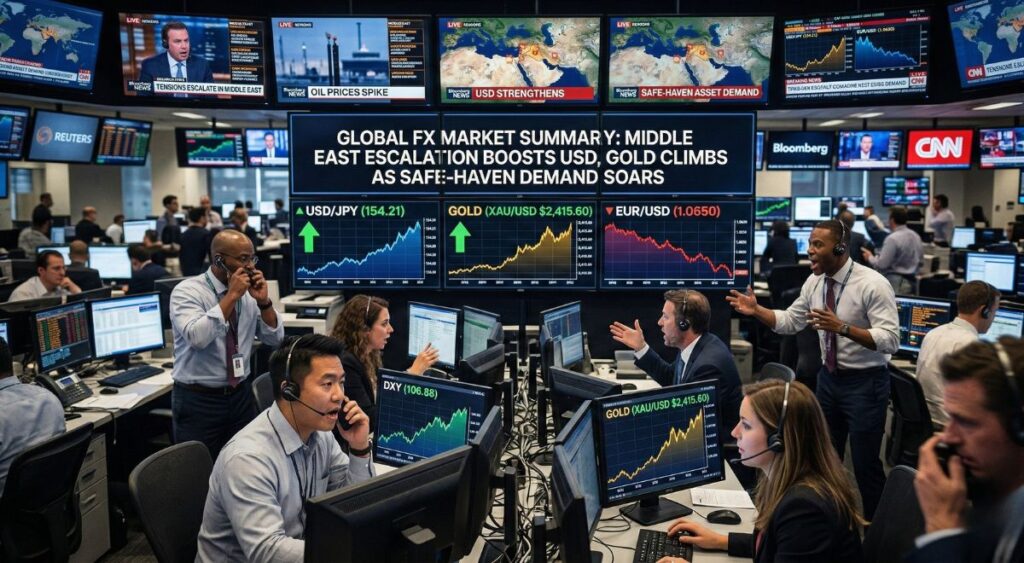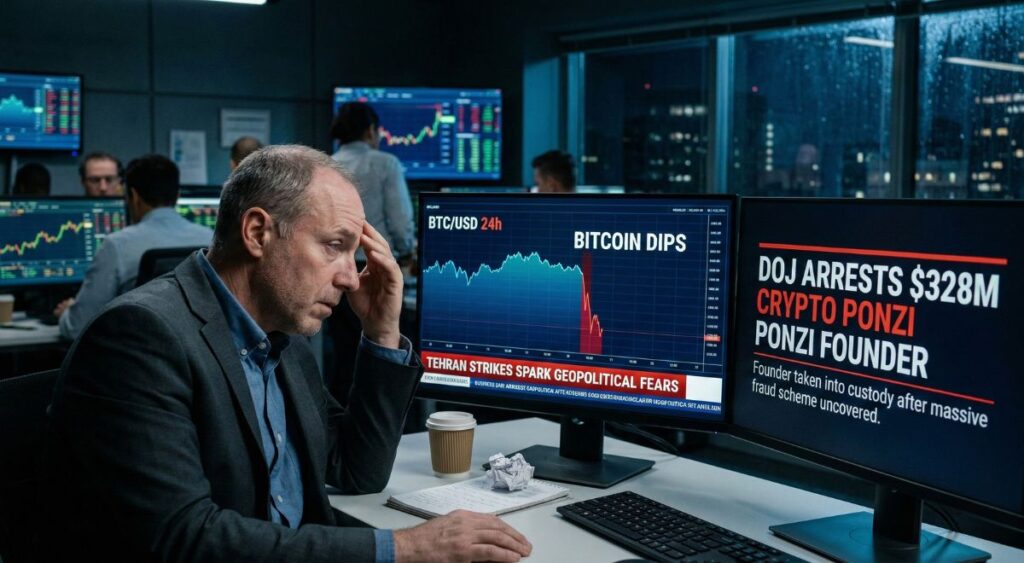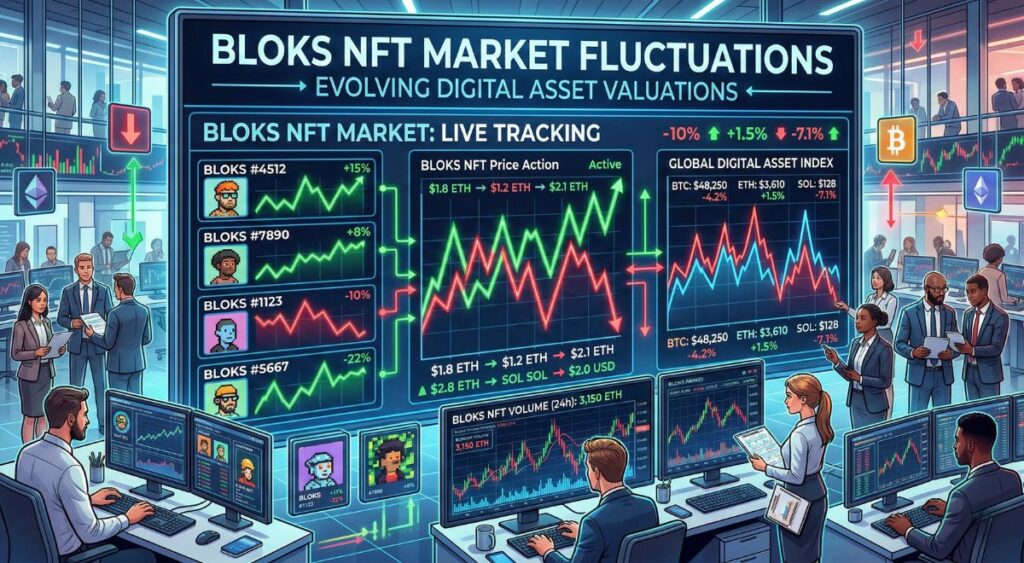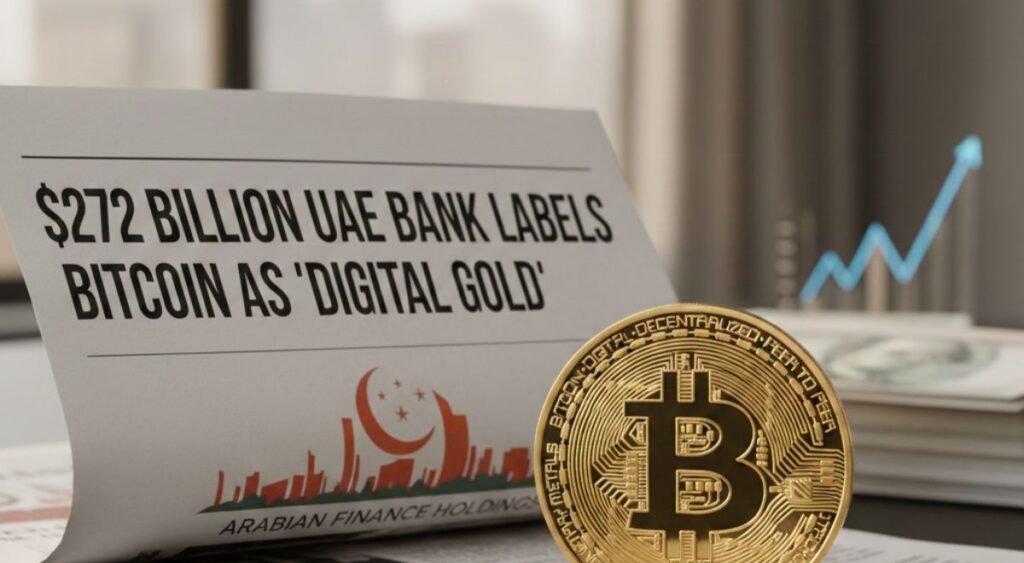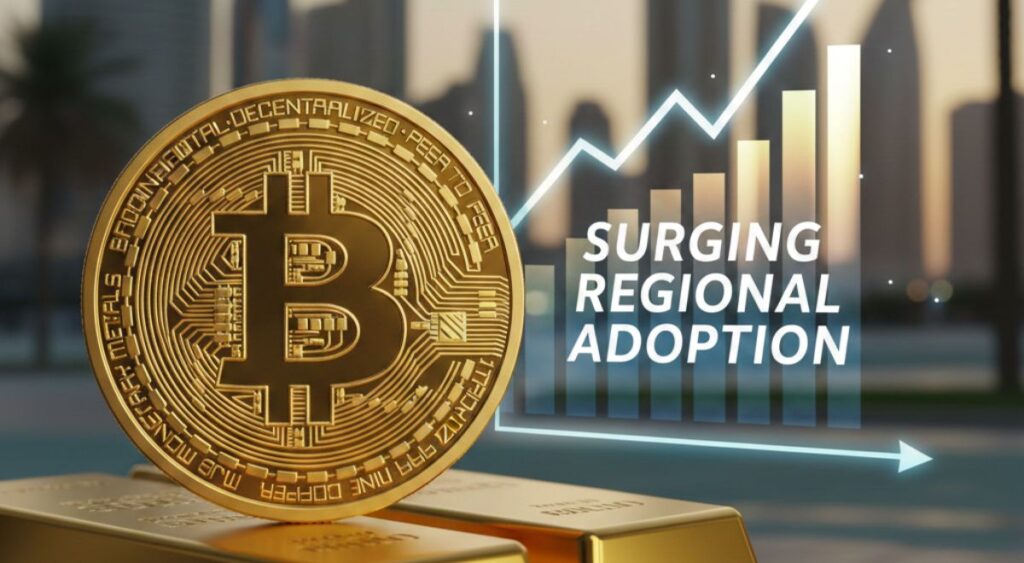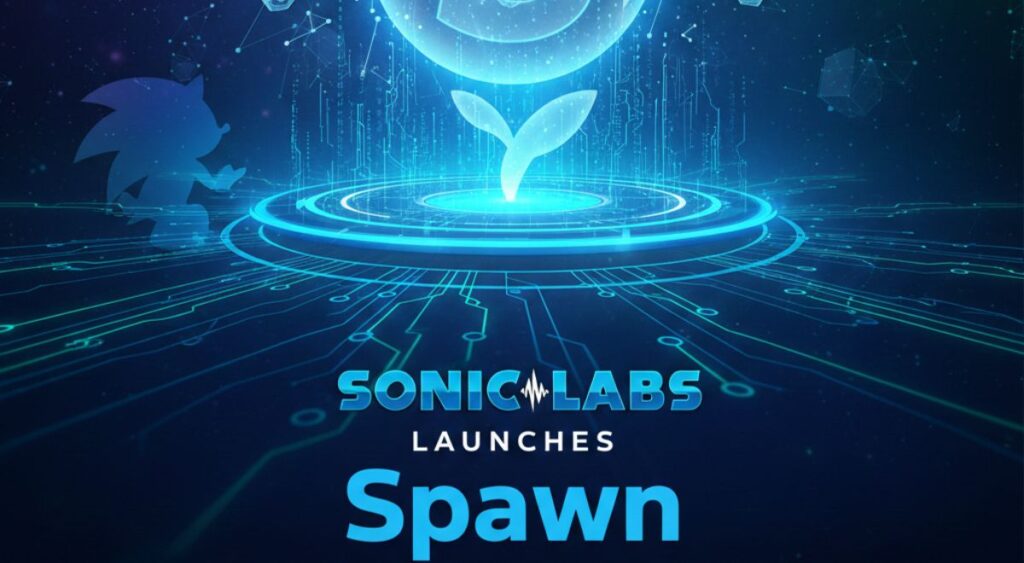OpenSea Announces SEA Token Airdrop and Releases OS2 Beta
The beta version of OS2, an entirely redesigned version of OpenSea’s NFT marketplace, has been formally released. The firm has unveiled plans for the SEA cryptocurrency in conjunction with this launch, which is a significant step in improving user engagement. The OpenSea Foundation claims that in order to ensure equity in its distribution, SEA would be allocated based on past user action rather than current involvement. Notably, the token will be available to users in the United States. The foundation has underlined its dedication to long-term sustainability, even if an official start date for SEA has not yet been revealed.
After years of decline, the NFT market is seeing renewed activity
Since its peak in 2022, the NFT market has experienced severe declines; in 2023, overall trade volumes fell below $9 billion. But there was a rebound in December 2024, when trading activity reached its greatest level in more than a year. Once the market leader in NFT, OpenSea has been losing ground to rivals like Blur, which has drawn users by lowering creator royalties and launching a competing currency. OpenSea announced more than $4 million in revenue in December 2024, its biggest in previous years, as part of an attempt to regain its market share.
The Strategic Transition of OpenSea to Rejuvenate Its Marketplace
Devin Finzer, the CEO of OpenSea, revealed a significant reorganisation plan in late 2023 that involved firing half of the company’s employees. The goal of this action was to hasten the creation of OpenSea 2.0. In addition to removing exchange fees and implementing a 0.5% marketplace charge, the new platform incorporates 14 other blockchains, including Ethereum layer-2 networks like Sonieum and Apechain. Restoring previously delisted collections, unlocking locked products, and lifting some bans are some more upgrades. Finzer admitted that OpenSea needed a total makeover since it had grown “too corporate, too Web2.”
Regulatory Obstacles and the Developing Crypto Scene in the U.S
The launch of the SEA token coincides with changes in U.S. regulations brought about by President Donald Trump’s administration. Trump has indicated considerable support for the cryptocurrency business since taking office on January 20 and has appointed pro-crypto regulators to important posts. The question of whether NFTs on OpenSea’s platform may be categorised as unregistered securities has already come under legal examination, and enquiries are still ongoing. Though the new administration’s position indicates a more relaxed attitude to crypto regulation, the introduction of SEA, a fungible coin, may draw more regulatory scrutiny.
Other Token Launches’ Effect on the NFT Market
The SEA coin was announced after PENGU, the token linked to the Pudgy Penguins NFT collection, was introduced in December 2024. After making its debut with a $3.5 billion market capitalisation, PENGU is now valued at only $620 million. The precise purpose of the coin has not yet been disclosed by the Pudgy Penguins team, although rumours indicate it might have a governing role in the ecosystem.
The Prospects for OpenSea in the Face of Regulatory and Market Shifts
Since its founding in 2017, OpenSea, which is supported by venture capital behemoth Andreessen Horowitz, has earned close to $1 billion in fees. As the NFT market recovers and regulatory environments change, the company hopes to revitalise its platform with the introduction of OS2 and the much-anticipated SEA coin. OpenSea’s standing in the cutthroat realm of NFT trading will depend on its capacity to adjust to these developments.

